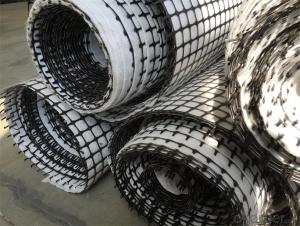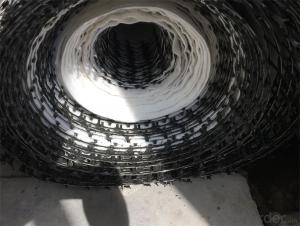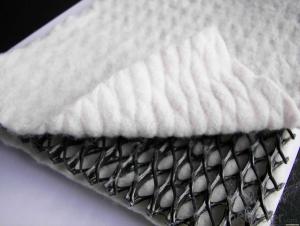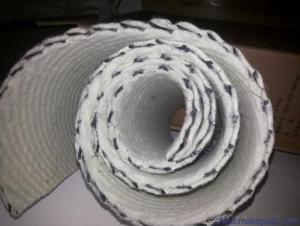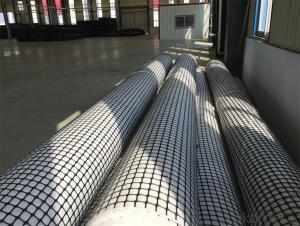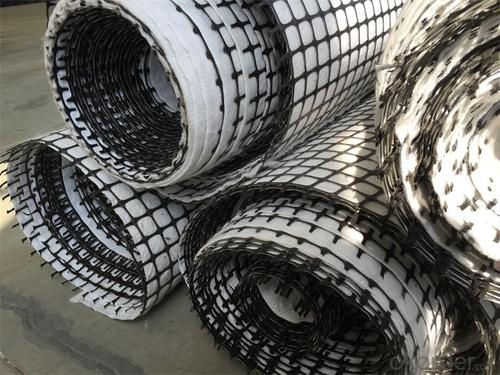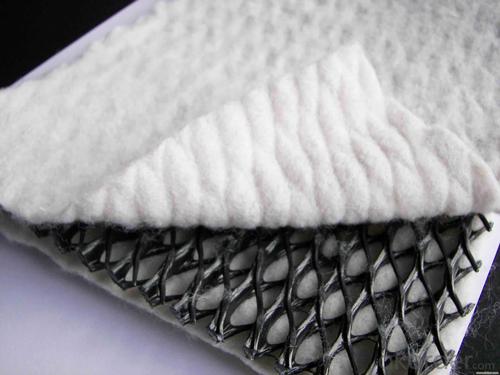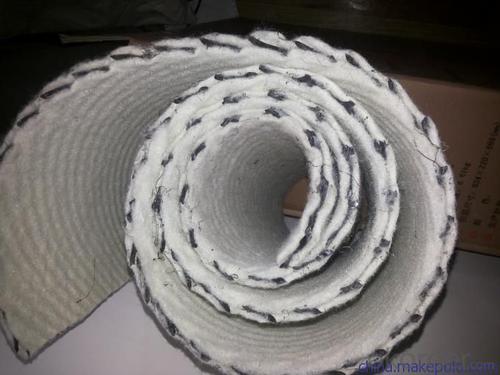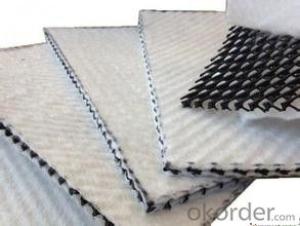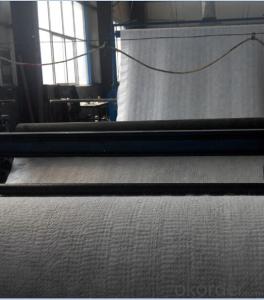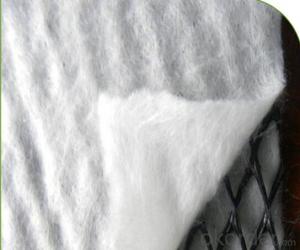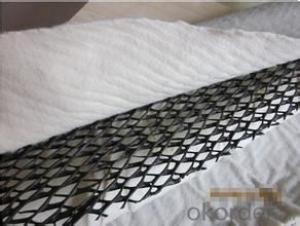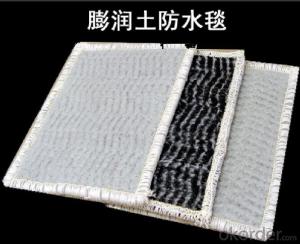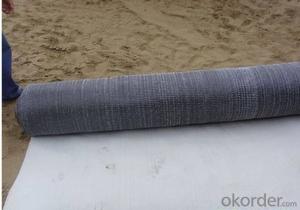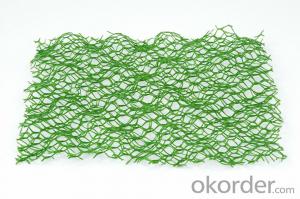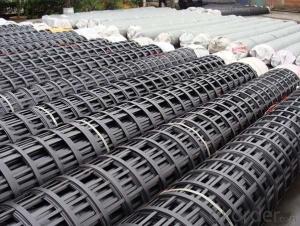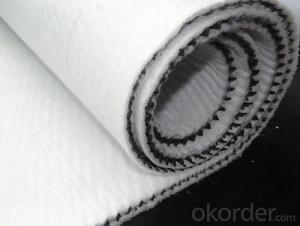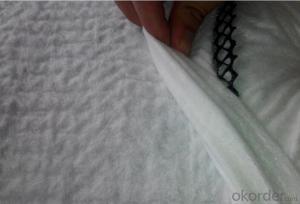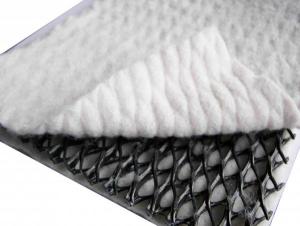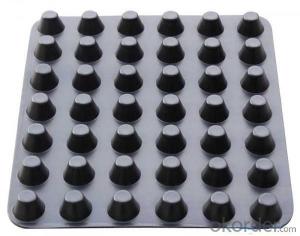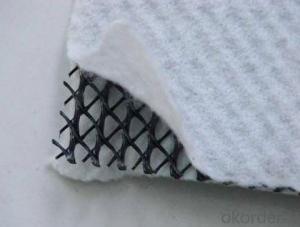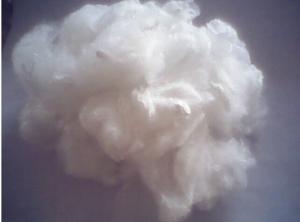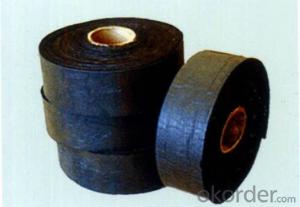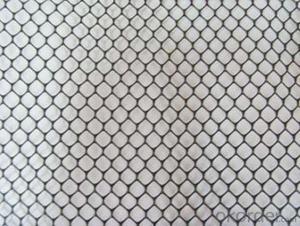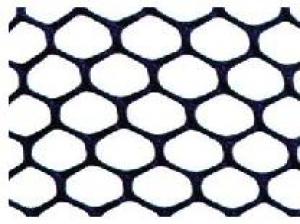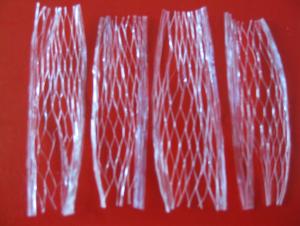Tri-dimension Composite Geonet for Drainage
- Loading Port:
- Qingdao
- Payment Terms:
- TT or LC
- Min Order Qty:
- 5000 m²
- Supply Capability:
- 100000 m²/month
OKorder Service Pledge
OKorder Financial Service
You Might Also Like
Tri-dimension Composite Geonet for Drainage
Product Introduction
It is a new type drainage material, made of geonet and non woven geotextile.
Product Application
Landfill drainage, roadbed and road drainage, railway drainage, tunnel drainage, underground structure drainage, the retaining back wall drainage, gardens and sports grounds drainage.
Product Specifications:
Geonet thickness: 5m-8m,
Width: 2m-4m.
Weight of non woven geotextile: 200g/m2.
Length: according to clients' request
Packaging Details:pp woven bags or at your request
Delivery Detail:15 days
Product Property:
It has the property of geotextile and geonet and provide a function system filtration-drainage-protection.
The core of net with its unique tri-dimension structure can bear higher compression load in construction and remain the cerain thickness, provide good water conductivity.
FAQ:
Q: What kind of payments could you support?
A: T/T, L/C, Cash are accepted.
Q: Do you charge for the samples?
A: Accordeing to our company policy, the samples are freee, we only charge the freight fee. And we will return the freight fee during the next order.
Q: Can you produce according to customers' design?
A: Sure, we are professional manufacturer, OEM and ODM are both welcome.
Q: Do you have other products?
A: Yes, please check the pictures:
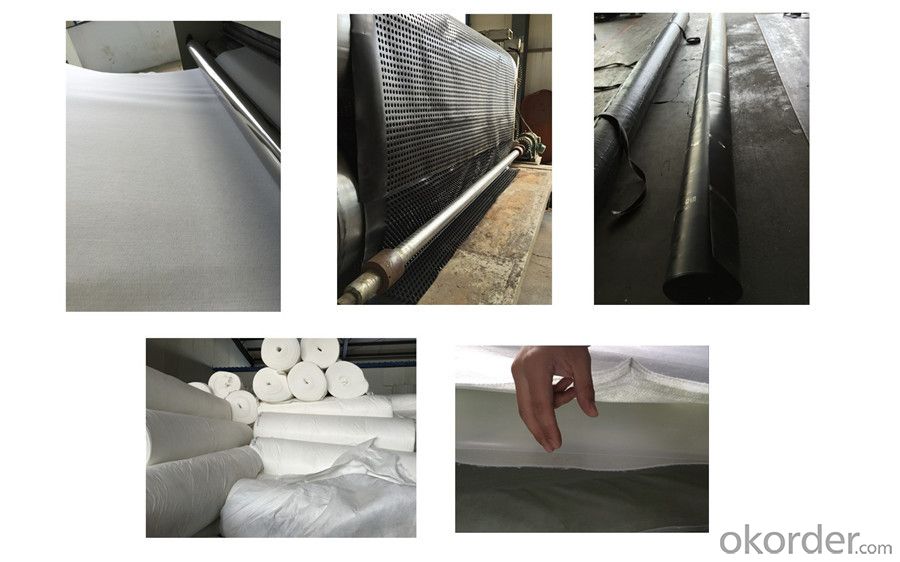
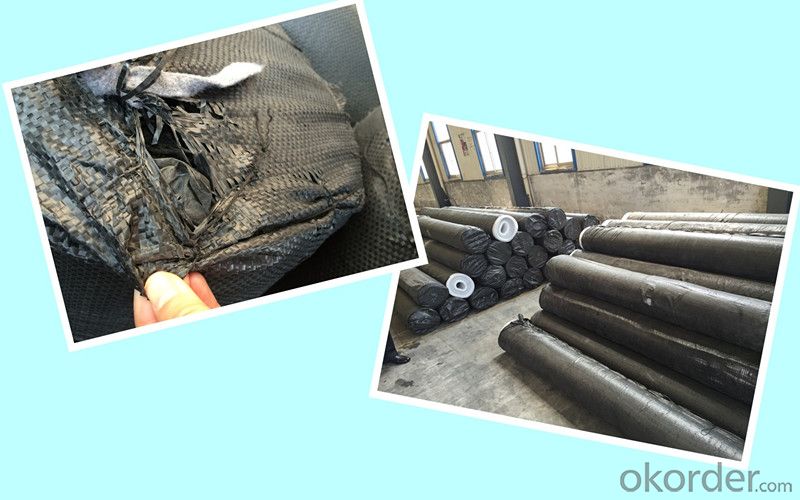
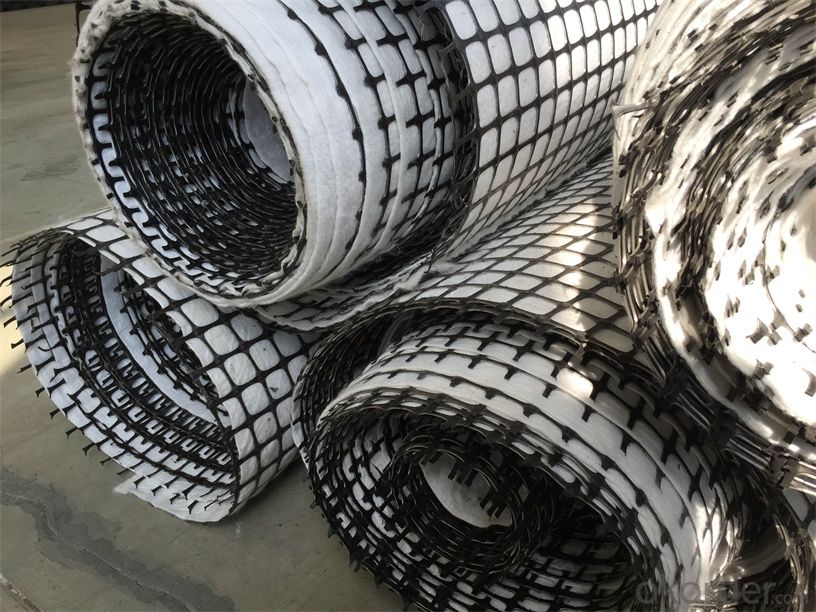
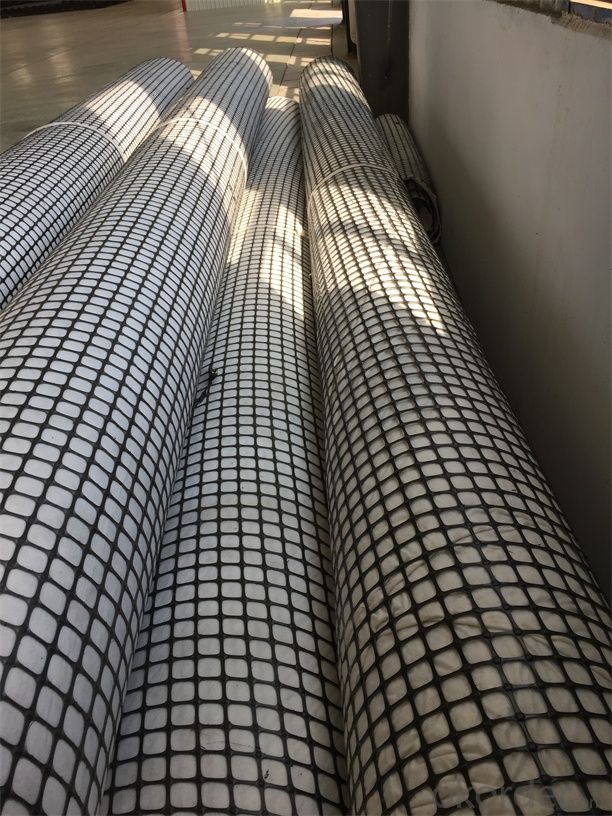
- Q: Can earthwork products be used in beach nourishment projects?
- Yes, earthwork products can be used in beach nourishment projects. These products, such as sand, gravel, or fill material, can be transported and placed on beaches to replenish eroded areas, restore coastal habitats, and protect against erosion and storm damage.
- Q: Are those issues focused?
- The first chapter of the basic properties of civil engineering materials Chapter II of the hard inorganic inorganic cementitious materials Chapter III of the cement Chapter IV of concrete
- Q: Are earthwork products suitable for landscaping projects?
- Yes, earthwork products are suitable for landscaping projects. Earthwork products, such as soil, rocks, and mulch, can be used to create and shape outdoor spaces, build retaining walls, create raised beds, improve soil quality, and enhance the overall aesthetics of a landscape. These products provide the foundation for various landscaping elements and can be tailored to meet the specific needs and design preferences of a project.
- Q: Can earthwork products be used in coastal protection projects?
- Yes, earthwork products can be used in coastal protection projects. Earthwork products such as sand, gravel, and rocks are commonly used in coastal protection measures such as beach nourishment, dune restoration, and shoreline stabilization. These materials help to mitigate erosion, provide natural barriers against storm surges, and enhance the resilience of coastal areas against flooding and erosion.
- Q: How are precast concrete products used in earthwork?
- Precast concrete products are commonly used in earthwork to provide stability and support in various construction projects. These products, such as retaining walls, culverts, and manholes, are pre-manufactured off-site and then transported to the construction site for installation. They serve as effective solutions for soil erosion control, water drainage, and soil reinforcement, ensuring the durability and longevity of earthwork structures.
- Q: What are the advantages of using geotextile tubes for riverbank protection?
- Geotextile tubes offer several advantages for riverbank protection. Firstly, they provide excellent erosion control by preventing soil loss and stabilizing the riverbank. Secondly, they are cost-effective compared to traditional methods such as riprap or concrete structures. Additionally, geotextile tubes are easy to install, maintain, and remove if necessary. They also promote vegetation growth, allowing for a more natural and visually appealing riverbank. Lastly, these tubes can be customized to fit the specific needs of the site, making them highly adaptable for various riverbank protection projects.
- Q: How do geogrids improve the stability of reinforced soil slopes?
- Geogrids improve the stability of reinforced soil slopes by providing additional tensile strength and reinforcement to the soil. These grid-like structures, made of high-strength materials, such as polyester or polypropylene, are embedded within the soil layers. As the soil is subjected to external forces, such as gravity and erosion, the geogrids distribute these forces more evenly throughout the reinforced soil mass. This redistribution of forces reduces the potential for soil movement and slope failure, ultimately enhancing the overall stability of the slope.
- Q: What is the civil engineering material
- Do something about the civil material
- Q: Are earthwork products resistant to weathering?
- Earthwork products, such as soil, rocks, and gravel, are generally resistant to weathering to some extent. However, their resistance may vary depending on the specific type of material and the prevailing weather conditions. While some earthwork products may be more durable and less prone to weathering, others may be more susceptible to erosion, degradation, or disintegration over time due to exposure to wind, rain, temperature changes, and other environmental factors. Therefore, it is important to consider the specific characteristics and composition of the earthwork product in question when assessing its resistance to weathering.
- Q: How do geosynthetic clay liners prevent contaminant migration?
- Geosynthetic clay liners (GCLs) prevent contaminant migration through a combination of physical and chemical processes. The bentonite clay in GCLs swells upon contact with water, creating a dense barrier that restricts the movement of contaminants. Additionally, the geotextile layers in GCLs act as filters, preventing the passage of fine particles and contaminants. Together, these properties effectively block the migration of contaminants, ensuring environmental protection.
Send your message to us
Tri-dimension Composite Geonet for Drainage
- Loading Port:
- Qingdao
- Payment Terms:
- TT or LC
- Min Order Qty:
- 5000 m²
- Supply Capability:
- 100000 m²/month
OKorder Service Pledge
OKorder Financial Service
Similar products
Hot products
Hot Searches
Related keywords
